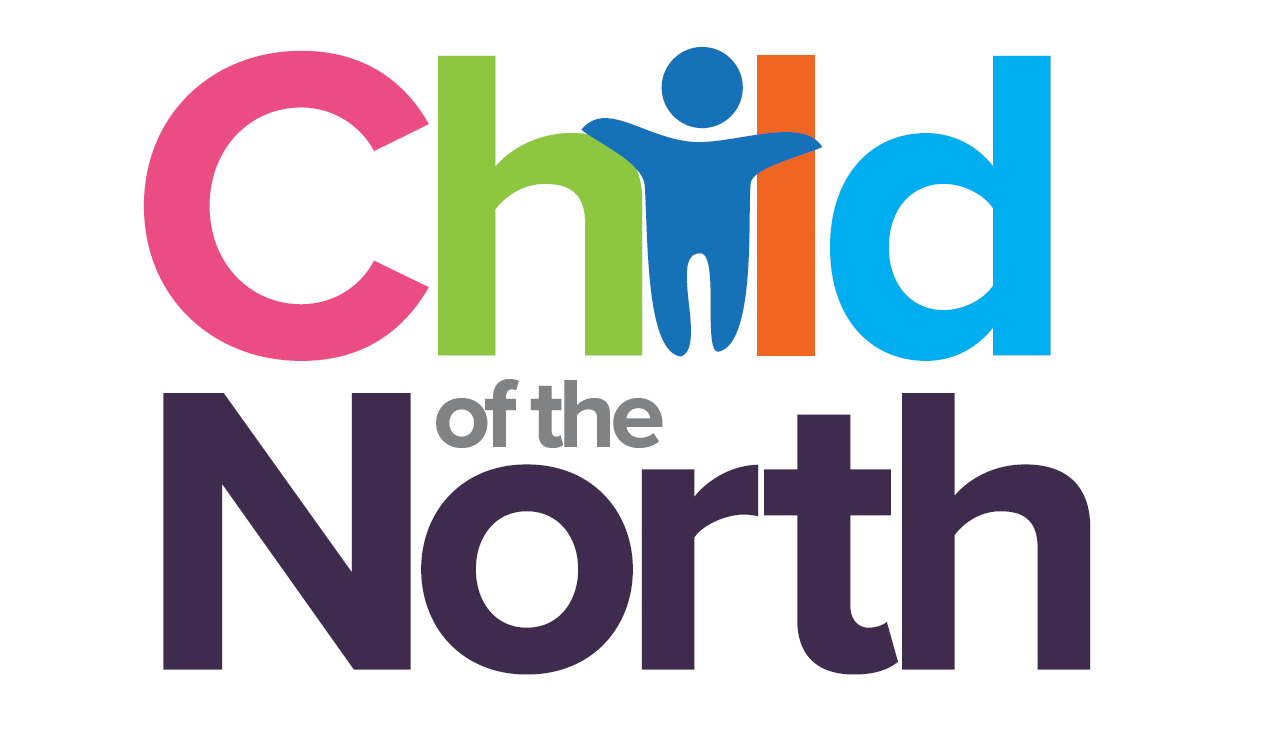
The Child of the North initiative – led by the N8 Research Partnership and Health Equity North – and former Children’s Commissioner Anne Longfield’s new Centre for Young Lives think tank have unveiled details of a year-long series of reports that will seek to deliver a country that works for all children and young people.
The first report in the series is published today and sets out a new plan to support autistic children. It reveals a crisis in children’s autism assessment, warning that thousands of autistic children and young people are waiting months – or even years – for health and education support.
It is the first of a planned twelve Child of the North/Centre for Young Lives reports to be published during 2024 which together seek to encourage the Government and Opposition to reset their vision for children and show how putting the interests and life chances of young people at the heart of policy making and delivery is crucial to Britain’s future success.
They will shine a light on some of the biggest challenges facing the Government, including reducing child poverty, and improving support for children with mental health conditions, while also providing rigorous research and pragmatic, evidence-based recommendations which acknowledge the ongoing financial limitations on government spending.
The report sets out a number of key recommendations for tackling the autism assessment crisis, calling for a ‘needs-led’ approach instead of relying on a ‘diagnosis-led’ system, where early identification becomes the norm and faster effective support is offered without relying on a diagnosis.
It argues that children and young people with autism and conditions such as ADHD can thrive in mainstream education if their needs are supported in a timely way. Early identification and support can mitigate the negative and costly effects on autistic children’s physical health.
It highlights how, since COVID-19, there has been a 306% increase in the number of children waiting for an autism assessment. Just one in ten children are receiving an appointment within 13 weeks of being referred, while more than one in four parents have waited over three years to receive support for their child.
Find out more about the A country that works for all children and young people series
Anne Longfield, Executive Chair of the Centre for Young Lives, said:
“The number of autistic children seeking support is at a record high and the number waiting for an assessment has rocketed since Covid. The autism assessment crisis is leaving thousands of children without the support they need and parents having to battle their way through a nightmare process that can take years to resolve.
“The pressure and stress this is putting on families and children can have terrible and damaging consequences for mental health and for children’s education chances. Autistic children with a referral who are waiting for an assessment are at significantly greater risk of exclusion from school, with all the further risks that can bring. If waiting times continue to increase, so can the risk of increased exclusion and poorer educational outcomes for autistic children.
“The evidence shows the need to move to a system of support that responds to the needs of autistic children, rather than waiting for diagnosis before any help appears. The education sector and health services should be working together, sharing data and information, and building local partnerships that can transform the support autistic children receive.
“Without urgent reform, we cannot hope to improve the life chances of the next generation. As this report highlights, change is possible – and it is happening in some schools and local areas already. What is needed now is the determination from the Government and others to make it happen everywhere.”
Professor Mark Mon-Williams, Chair in Cognitive Psychology at the University of Leeds, said:
“Autistic children and their families are being failed by systems that are not fit for purpose. This report provides hope with its evidence-based recommendations for how the system can be changed to build a better UK for children and young people. We now have a roadmap and we need to act at pace to ensure these recommendations are implemented.”
Dr Camilla Kingdom, President of the Royal College of Paediatrics and Child Health, said:
“We hear from families over and over again about how distressing the current systems are for autistic children – from the incredibly lengthy waits many have to endure awaiting diagnosis, through to a support system which is patchy at best.
“I commend this report which has been written with significant contributions from children and families with lived experience. I am convinced that we need to move from detailed descriptions of our failing system, to action – and this report provides the evidence base to do just that.”
***